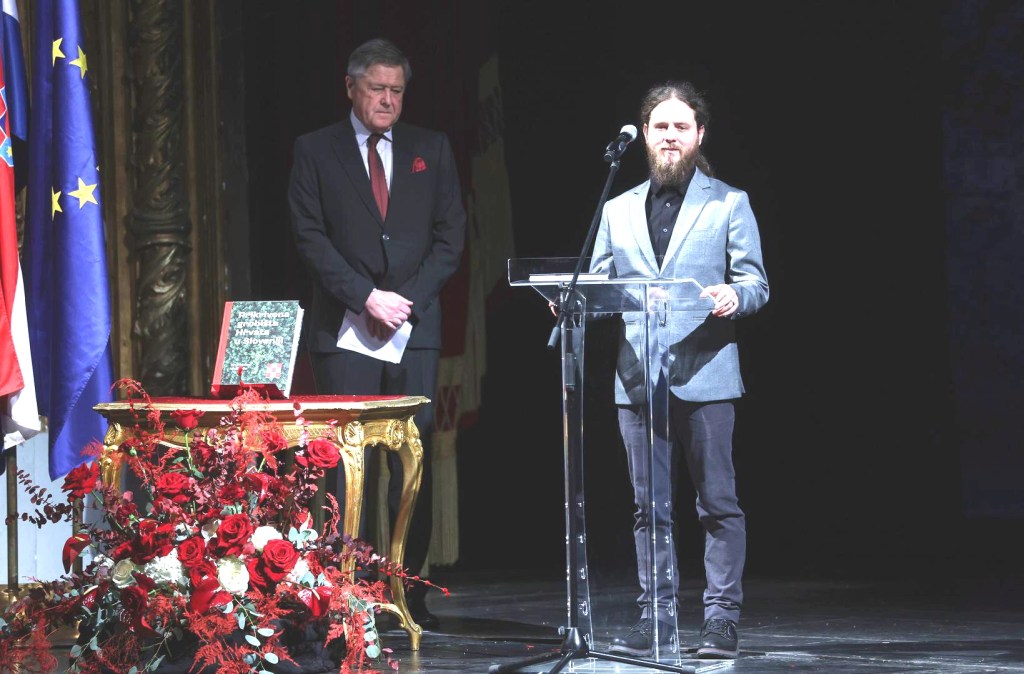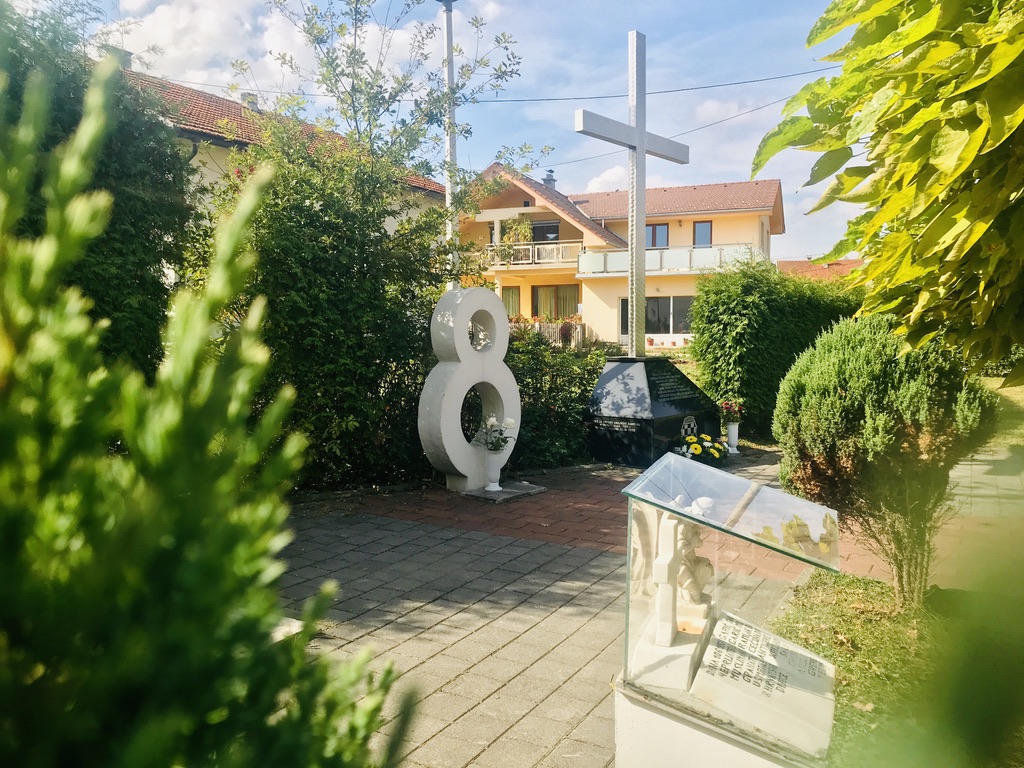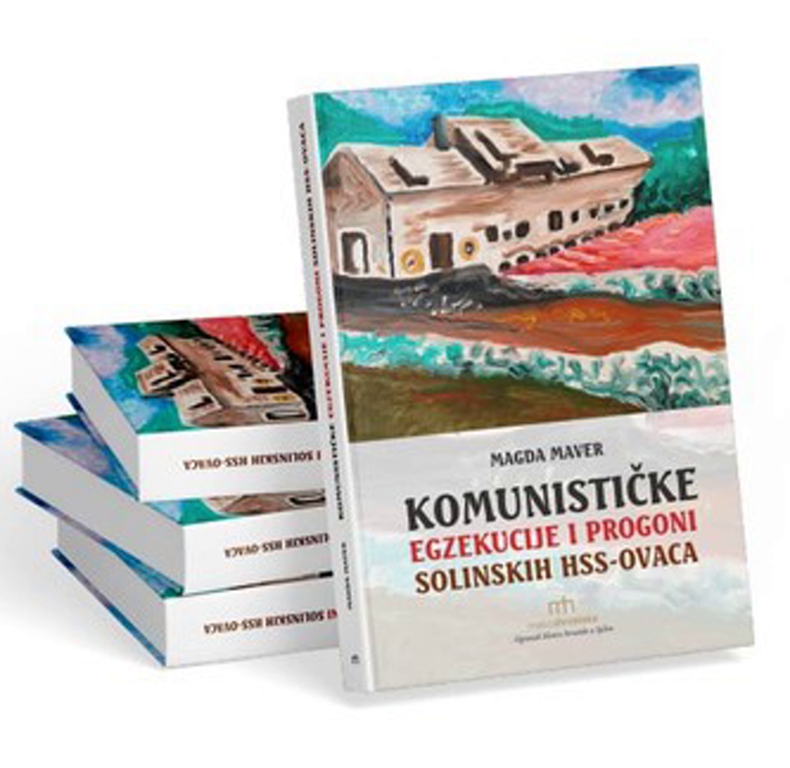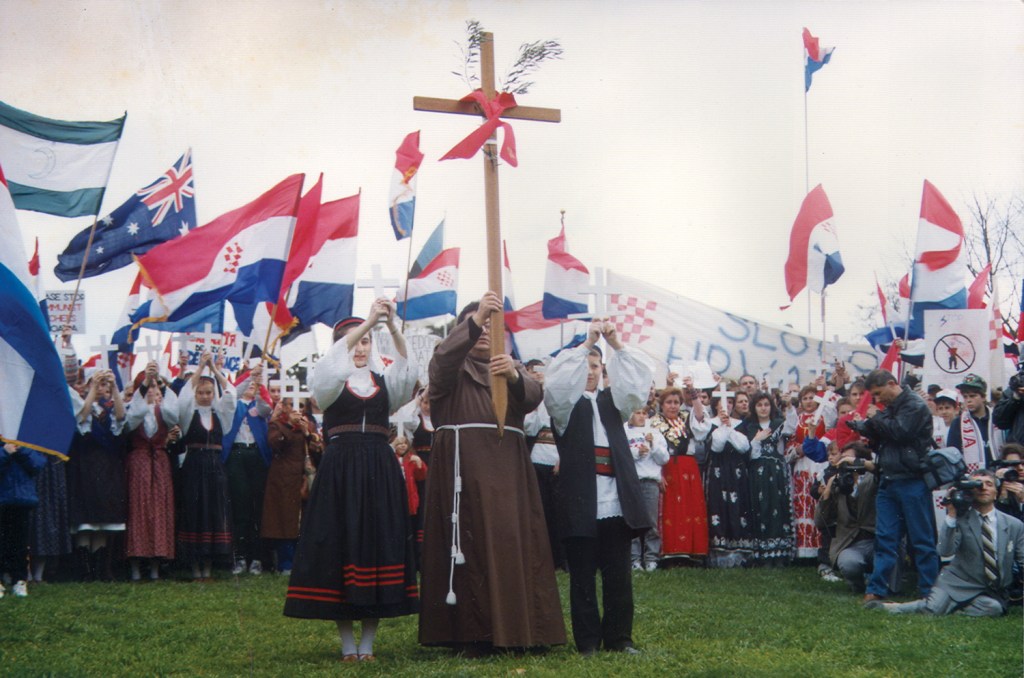
Last Battle of World War II in Europe
Croatian soldiers and volunteer defenders assemle
May 2015 has been the month during which the world remembered the 70th anniversary of VE (Victory in Europe) – World War II victories, defeats, victims and heroes. It was on 8 May 1945 that the Allied forces accepted the unconditional surrender of Nazi Germany, marking the end of the war in Europe. But it was not the end of WWII – not in Europe. It would also take another three months before Japan surrendered to end WWII elsewhere.
In Europe, World War II ended days later than what the world widely believes – i.e. that it was 8 May 1945. It’s generally considered that the last big battle of WWII in Europe was the so-called Georgian uprising on the Netherlands’ island of Texel, which ended in enormous losses for both sides to finally came to a complete end on 20 May 1945 with the arrival there of the Canadian troops.
Less known is the fact that the very last WWII battle in Europe actually occurred within the territory of WWII Independent State of Croatia – the Battle for Odzak. These days and post-WWII the town of Odzak is situated in Northern Bosnia and Herzegovina.
When commemorating 70th anniversaries of notable WWII events, whether they bring tears of joy or those of sadness to our eyes, it would be remiss not to pay tribute and remembrance to the actual very last battle of WWII in Europe and its heroes who were also its victims – slaughtered Croats.
The Battle for Odzak lasted sixteen days and ended on 25 May 1945.
Besides using the tactics of exhausting the Croatian defenders the “Yugoslav’ army Partisans brought in airplanes. The psychological effects of using powerful and destructive weapons had a significant effect of the morale of Croatian defenders and on the civilians. Tanks were introduced. Bombing ensued all day long, incessantly on 24 May 1945. On the other side of Bosna River the civilians were asking the Croatian soldiers to surrender, that nothing would happen to them. After surrender they were placed in stables at nearby Garevac, which were prepared for such an eventuality in advance. Garevac had already become a centre of horrendous Serb brutality against Croats: given that by end of 1944 they did not manage to take Tuzla, Serb Chetniks on Draza Mihajlovic order attacked Modrica and Garevac. They were severely defeated and then decided to no longer attack the Croatian military positions but instead attack whole Croatian villages in the area, including civilians in them. Murder and rape of Croatian women and children ran rampant. Many Serbs were members of Tito’s Partisans who attacked Odzak.
In late hours of the night of 24 May 1945 the centre of Odzak was attacked, bombed severely and captured by Partisans within two hours.
Slaughter and liquidation of Croats (soldiers and civilians) followed swiftly including all the Croatian soldiers who had surrendered prior to the bombing and were placed at Garevac (as mentioned above). The Battle for Odzak and its murderous aftermath was fiercely guarded as a secret by Tito’s Partisans and indeed during the entire time of the existence of communist Yugoslavia. It was only when in 1990’s Croatia’s plight for independence and secession from Yugoslavia picked up on steam that details of the Battle for Odzak and the terrible sufferings and slaughter of Croats gradually became to be known. Yugoslav state archives were finally opening doors for research.
In 2012 Stipo Pilic and Blanka Matkovic wrote an extensive research based essay “The Battle for Odzak: The War Ended Twenty Days Later” (PDF) and I have sourced information for this post from it. The article analyses the military operations in the area of Podvucjak (Bosnia and Herzegovina), and the Battle for Odzak at the end of May 1945, which represents the end of World War II in Europe. The first section presents the geographic and demographic characteristics of the area, while the second one describes military operations carried out between 1941 and 1944 with the emphasis on the organisation of defense, but also relations between Partisans and Chetniks. The third part analyses the situation in Podvucjak in 1945, and the fourth one battle for Odzak, which ended with the fall of that town on 27th or 28th May. In the last section the authors tried to identify locations of the POW camps and gravesites, but also the identities of those who committed war and post-war crimes against Croatian population in this area in May 1945.
There are still details that need to be uncovered as researchers and historians keep working at it and, for now, we owe those who perished so brutally after the Battle for Odzak in May 1945 without a trial, without a crime to their name, our deep respect for they were the last and brave WWII defenders of Croatia from Yugoslavia and even though they lost the war their bravery during those last 16 days of battles stands high among the bravest of the brave. For that and for their terrible deaths we owe them that the full truth of their brutal deaths be investigated and those guilty – condemned. Ina Vukic, Prof. (Zgb); B.A., M.A.Ps. (Syd)








Leave a reply to NewCroatian Cancel reply